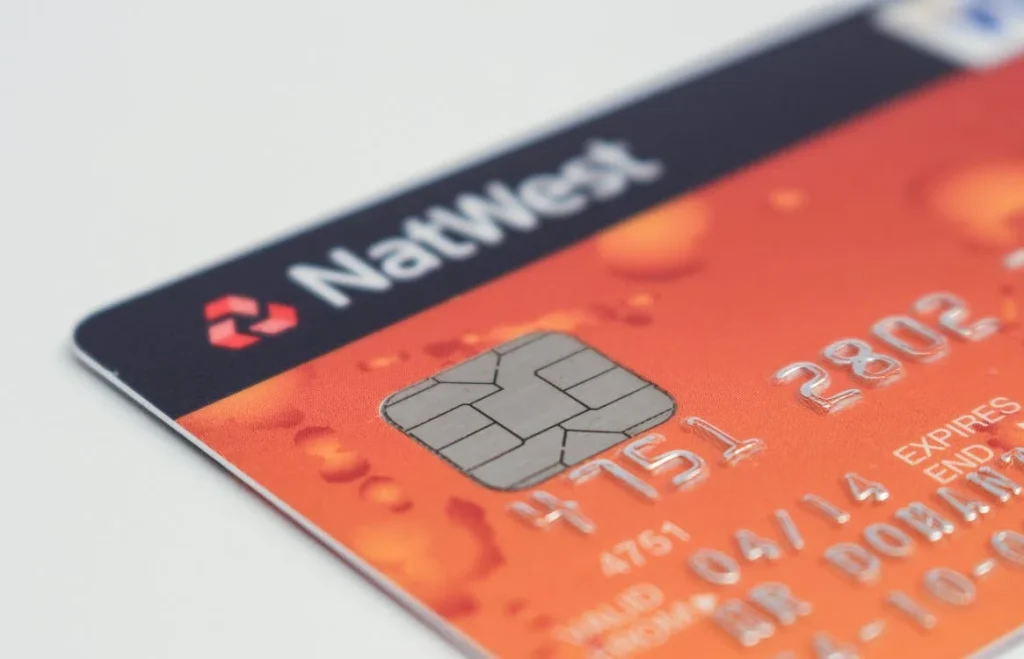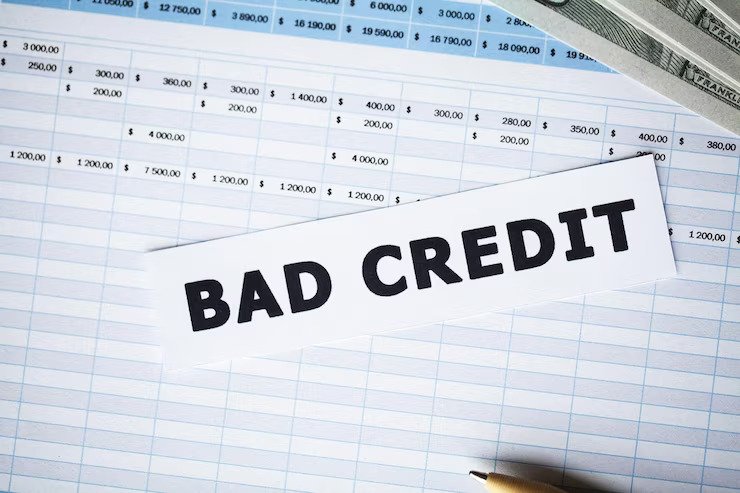A credit score is a numerical representation of a person’s creditworthiness, and it plays a significant role in your financial life. It impacts your ability to qualify for loans and credit cards, as well as your interest rates and other terms. The higher your score, the better your chances of securing favorable credit terms.
However, a bad credit reputation can haunt you, limiting your opportunities and options in various financial matters. In this blog post, we’ll explore practical steps you can take to improve your bad credit reputation.
Improve Your Bad Credit Reputation: Important Tips
Let us look at some of the steps or say tips that you may follow to work on your depleting credit reputation.
1. Understand Your Situation

First, assess your financial situation by obtaining your credit reports from major credit bureaus. Special attention must be given if you’re a veteran applying for a VA loan low credit score.
VA loans are usually more flexible with credit requirements, but a higher score can still provide better interest rates and terms. Correcting your credit report for errors, such as incorrect late payments or account balances, can instantly boost your score.
2. Paying The Bills Timely
The history of your payment is one of the significant factors upon which your credit score determines. You can positively impact this aspect of your credit score by making consistent, on-time payments. If you have missed payments, make a plan to catch up and stay current going forward.
3. Reduce The Balance Of Your Credit Card

High credit card balances relative to your credit limit can negatively affect your credit score. Paying down these balances and maintaining low utilization rates can significantly improve your score.
4. Avoid Opening Too Many New Accounts
Every time when you opt for new credit, a hard inquiry is made on the credit report. Multiple stiff inquiries within a stipulated time period can put your credit score on a lower trajectory. Be mindful of opening new accounts only when necessary.
5. Consider A Safe Credit Card Or Credit Building Loan
If you’re struggling to get traditional credit, you might want to consider a secured credit card or a credit builder loan. These products are designed to help people build or rebuild credit by reporting positive payment history to credit bureaus.
6. Negotiate And Settle Debts With Creditors

If you have collections or charged-off accounts, consider negotiating with the creditors. They might accept a reduced payment to settle the debt.
Make sure to get any agreement in writing and understand that settling a debt for less than the full amount can still negatively affect the credit score, though not as severely as an unpaid collection.
7. Work With A Credit Counseling Service
A reputable credit counseling service can help you develop a personalized plan to improve credit score. They can provide education and support to help you understand credit and manage your finances better.
8. Avoid Quick-Fix Solutions

Beware of companies promising to “fix” your credit overnight. Improving the credit score is a process that asks for your time, effort, and responsible financial management.
9. Monitor Your Progress
Regularly monitoring your credit report and score will help you understand how your actions are affecting your score. Many financial institutions provide free credit score monitoring, which can be valuable in your credit improvement journey.
10. Become An Authorized User On A Responsible Credit Card Holder’s Account
If a family member or a close friend has a good credit reputation, you might ask to become an authorized user of their credit card.
As an authorized user, you can benefit from their responsible credit use and payment history, even if you don’t use the card yourself. Of course, this strategy requires a lot of trust, and you’ll want to ensure that the primary cardholder is financially responsible.
11. Develop A Personalized Budget And Stick To It

Improving your credit score of yours isn’t just about managing debts and paying bills on time. It also involves a comprehensive understanding of your overall financial picture. Creating and sticking to a personalized budget helps ensure that you live within your means.
By closely monitoring your income and expenses, you can avoid accumulating unnecessary debt and focus on saving and paying down existing obligations. Various apps and tools are available to help you design a budget that fits your unique financial situation.
Conclusion
Improving your credit score is a multifaceted task involving more than paying your bills on time. You can gradually rebuild your credit reputation by understanding your credit report, managing your debts wisely, utilizing strategies like becoming an authorized user, and following a personalized budget.
Whether you’re looking at general credit improvement or specific situations, taking these comprehensive steps will lead you toward financial stability and success. The journey might seem challenging, but the rewards of a better credit score are worth the effort, opening doors to new financial opportunities and a secure future.
Read Also:




Leave A Comment